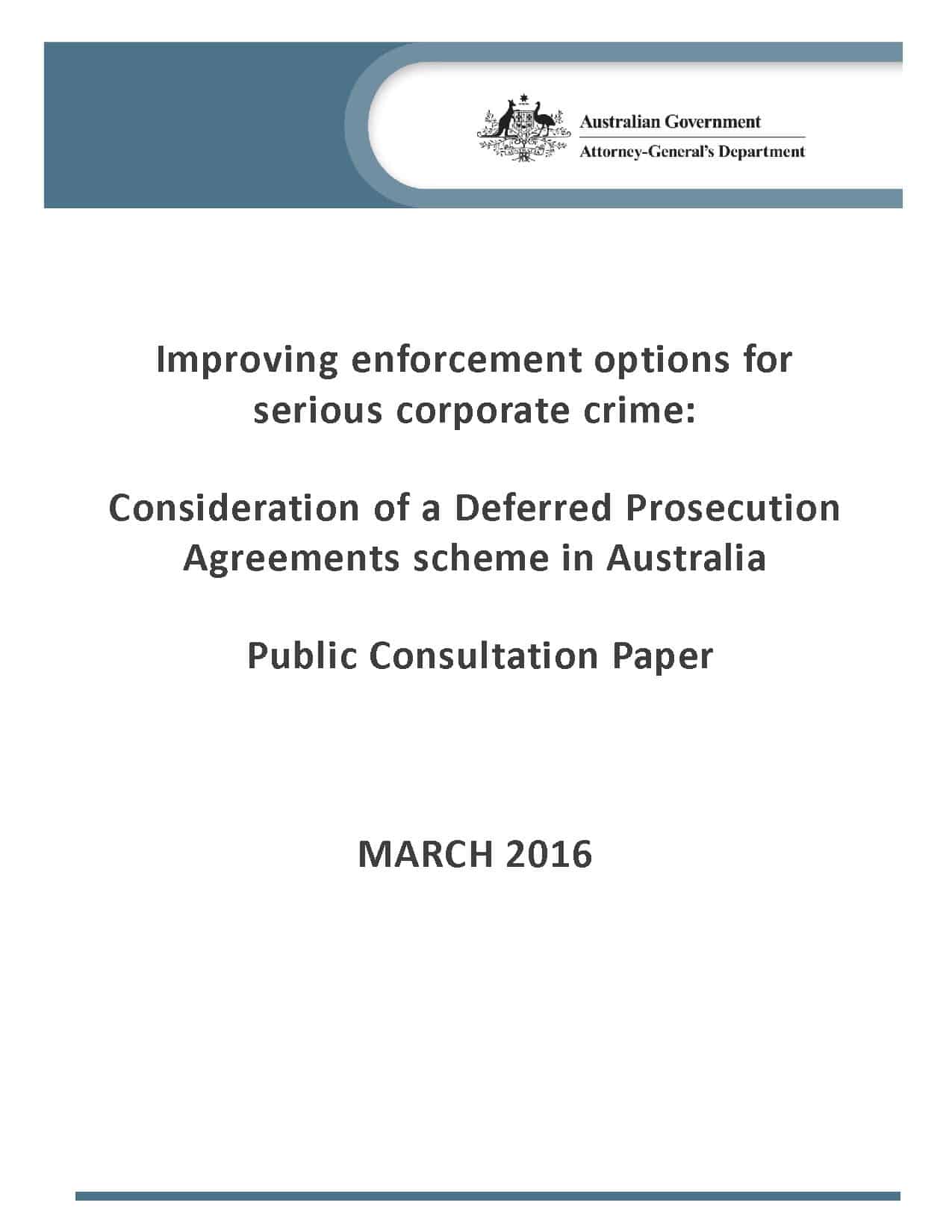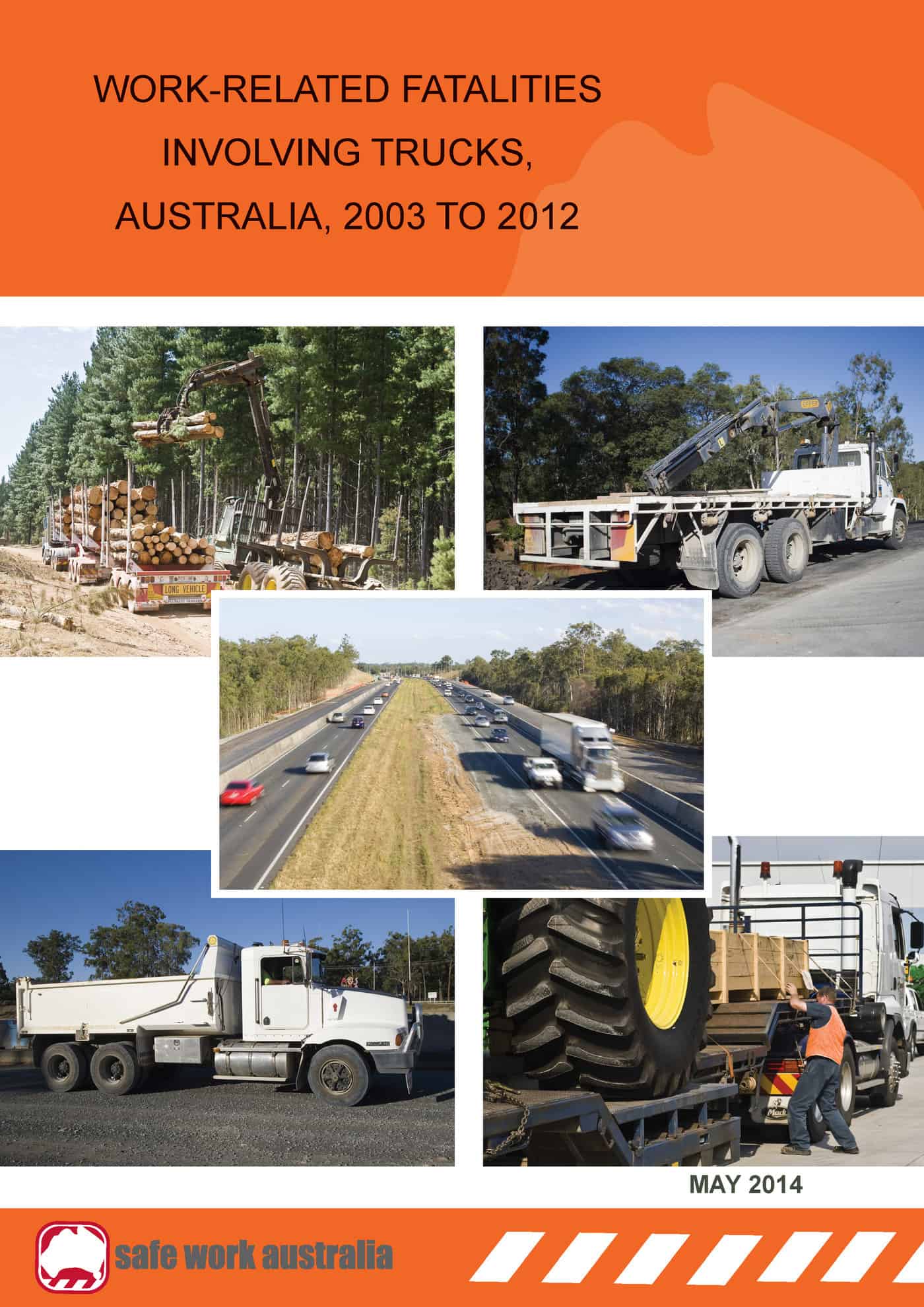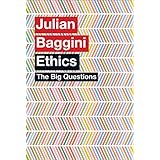 A major motivation for occupational health and safety (OHS) improvements in many businesses is the potential damage to a company’s reputation if someone is injured or killed from the company’s operations. Usually such an event would result in a prosecution by an OHS regulator but prosecution rates are variable and there are an increasing range of options and mechanisms, such as enforceable undertakings, available to companies in order to avoid a prosecution or financial penalty.
A major motivation for occupational health and safety (OHS) improvements in many businesses is the potential damage to a company’s reputation if someone is injured or killed from the company’s operations. Usually such an event would result in a prosecution by an OHS regulator but prosecution rates are variable and there are an increasing range of options and mechanisms, such as enforceable undertakings, available to companies in order to avoid a prosecution or financial penalty.
A new prosecution option has recently gained the attention of the Australian Government and one with which OHS professionals should become familiar as it could spread into their field of operations.


